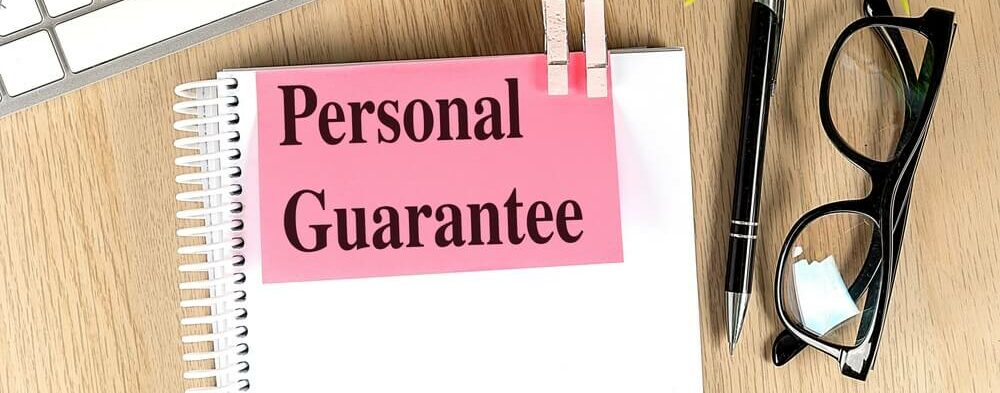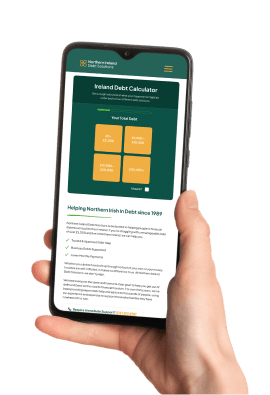Statute barred debt: Can creditors chase me for historic debts?
When a debt becomes statute barred, it means the creditor can no longer recoup their money through the courts. The allowable timescale to recover a debt is known as the ‘limitation period,’ which for unsecured debts in Northern Ireland, England and Wales, is usually six years.
If you owe an historic debt and you’re wondering whether the creditor can still pursue you for payment, it largely depends on the length of time the debt has been in existence, but also on whether any written contact has been made with the creditor.
By writing to the creditor during the limitation period, and acknowledging that a debt exists, you’re effectively resetting the limitation period to the date of the letter. This means that the debt won’t be statute barred again for another six years in many cases.
What are some exceptions to the six-year limitation period?
- Although mortgage interest arrears have a limitation period of six years, for arrears of capital, the time limit is 12 years
- With capital gains tax, income tax and National Insurance arrears, there is no set limitation period
- For personal injury claims, the limitation period is just three years
Under Financial Conduct Authority (FCA) rules, if a debt is statute barred, whatever the limitation period, and your creditor is regulated by the FCA, they shouldn’t chase you for payment if you’ve:
- Proved to them that it’s too late
- Told the creditor that you won’t be repaying the money

Unsecured debts and the limitation period
With unsecured debts such as credit and store cards, the limitation period generally starts from the date on which the creditor can take court action against you for arrears. This date should be clearly stated in the original contract – it may described as following three missed payments, for example, or after six weeks in arrears.
An unsecured debt usually becomes statute barred if, during the last six years:
- You haven’t made any form of repayment (if the debt is in joint names, this also applies to the other borrower)
- You haven’t written a letter to the creditor during the last six years, in which you acknowledged the debt or admitted to owing the money – this also includes letters written on your behalf by a debt help company, for example, or other third party
- Your creditor hasn’t secured a County Court Judgment (CCJ) against you for this debt
If you’re not sure whether your debt is statute barred, our licensed insolvency practitioners at Northern Ireland Debt Solutions can help. We’ll assess your situation and let you know whether the debt is still enforceable.
For more information on statute barring and other types of debt, call one of the team to arrange an initial consultation. We work purely on behalf of Northern Irish residents in debt, and will provide the professional, debt advice you need.
Browse more topics related to this article
Get Started – Contact The Team Today
Ready to take the first step to a brighter future? Contact Northern Ireland Debt Solutions today to understand your next steps.





